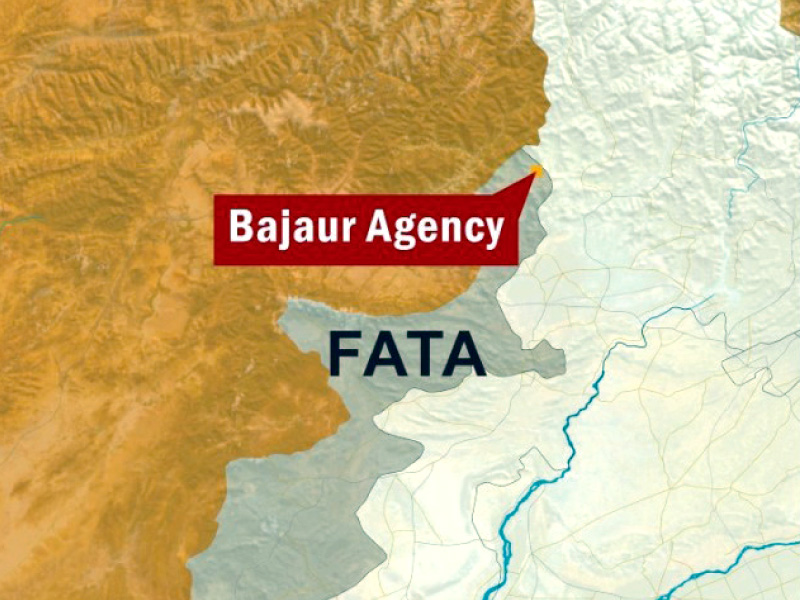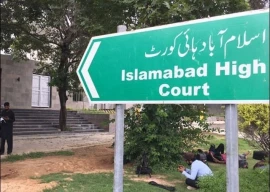
“We have a simple rule. Everyone has his own turf and no one encroaches on the other’s space,” Muhammad Adnan, who sells corn kernels in Ichhra, says. Turfs are claimed according to whoever arrives and sets their business first, he says. Adnan says he was the first to set up a pushcart selling corn kernels at the Metro Bus Ichhra Station. No one will be allowed to take his place. “The same rule applies to shoeshine boys, cobblers, and peddlers of sunglasses and used garments.”
So Bakar has settled on Anarkali Bazaar, where he shines shoes of shopkeepers and visitors. “If I was allowed to shine shoes at the courts, I could make a thousand rupees every day,” he says wistfully. “But Gulzai and Ataur Rehman shine shoes at the courts... they will never let me join them.”

Come winter, the freezing winds of Bajaur Agency send a bunch of young men to the somewhat warmer streets of Lahore where they peddle their wares to earn money to send home. As business proves lucrative, many of them choose to stay on.
Bakar and his friend Rehmanullah arrived from Bajaur Agency two months ago. Carrying wooden boxes holding shoe polish and buffs around their necks, the boys tread the streets in the city looking for customers. “We have regular clients. We can also tell, by simply looking at a passerby, whether he is a prospective customer or not.”
Adnan says migrants from Bajaur Agency don’t all work in the same place. “You might find us anywhere in the city, but we do try to find space in busy markets and thoroughfares.” When demand for roasted corn plummets in summers, Adnan switches to selling sunglasses.
Ibranullah, 19, sells corn kernels from a pushcart near an apartment building in Faisal Town where he shares an apartment with Bakar, Rehmanullah and three other young men – all of them from Anayat Kalay in Bajaur Agency. “We leave for work right after Fajar prayers and return at around 10 at night,” he says. They park their carts in nearby parking lots for which they pay Rs30 per night.
Their one-bedroom lodging is strewn with blankets and comforters on a grey carpet. It is meticulously clean. Everyone has his own spot to sleep in the room and they share a bathroom with residents of two similar-sized apartments. A mirror and a comb hang on one wall and a rickety cupboard stands in a corner, the scant belongings are shared by everyone.
Bakar’s sleeping corner is next to the door because he was the last inhabitant to arrive there and the other corners were occupied. “My uncle used to live here before me. I have taken his place since he has gone back home,” he said.
Bakar carefully places his daily earnings in a small cotton sack with Basmati Rice printed on it. He brought his clothes in the bag.
“The last time I was here, I took Rs5,000 back home. I gave my grandmother Rs2,000 and kept the rest.”
The boys send money home with whoever is visiting their hometowns. None of them have bank accounts. “Every boy sends Rs8,000 to Rs10,000 a month,” Ibranullah says. Most boys visit their homes after six months and stay there for six months while their brothers come to Lahore to run their businesses for them, he said.
After a hard day of work, the boys arrive at the lodging at around 9pm. They go to a dhaba for dinner and split the bill. “We used to have a television but we sold it because the boys would watch it all night and be lethargic the next day,” says Azeemullah, the eldest resident of the apartment. So after dinner, they hang out in the room and share stories of their day. Someone or the other will play songs on his cell phone.
Everyone has to pay Rs1,000 as their share in the rent and bills. They don’t get hot water, “but we have plenty of water and we are happy with it”.
Similar accommodations for young men who travel far to work in Lahore are to be found throughout the city. In some cases, six to 10 people stay in a room. They visit one another on days when business is down. They say if one of them fell ill, got robbed or passed away, other members of their community or hometown, living in Lahore, will pool in money for treatment, and transport to Bajaur Agency and provide financial assistance. The system is based on trust and honour, they say.
“People from our area [Bajaur] can be found around the City railway station, along the river, in Faisal Town, Ichhra, Saddar, Heera Mandi and Shahdara. Finding a place to live in Lahore is not difficult. The people of Lahore trust us... in return, no one breaks their trust. We are all here to make a livelihood,” said Azeemullah. “We don’t want fights... we are pardesis (outsiders).”
Published in The Express Tribune, December 18th, 2014.















1710998259-0/pti-(1)1710998259-0-270x192.webp)



















COMMENTS
Comments are moderated and generally will be posted if they are on-topic and not abusive.
For more information, please see our Comments FAQ